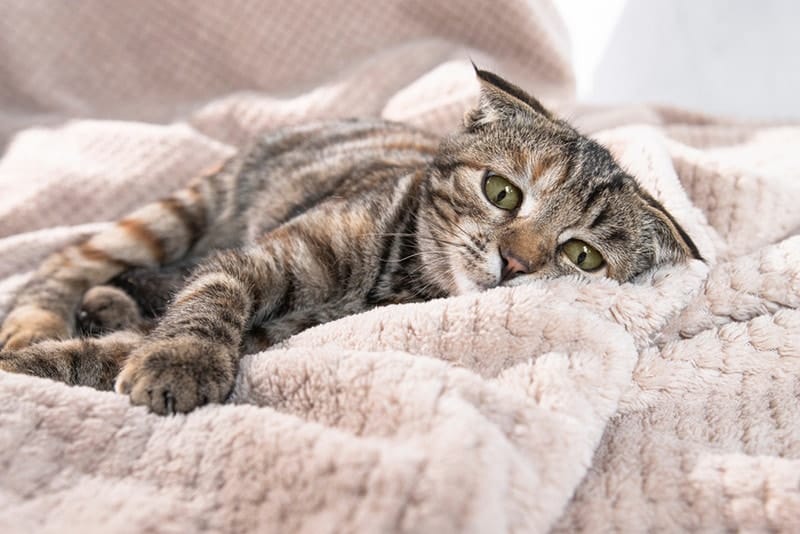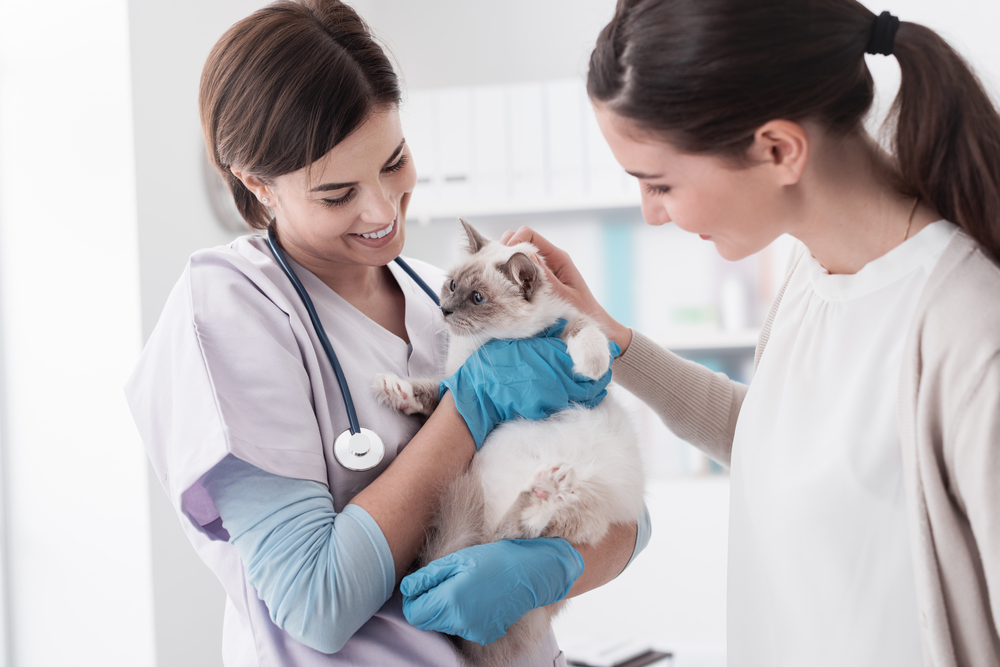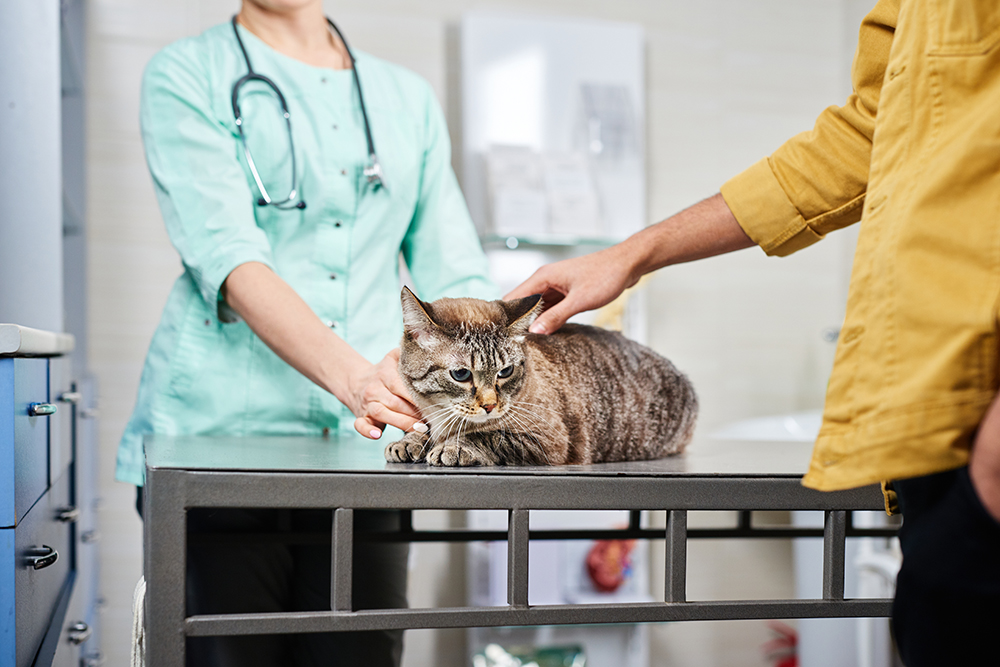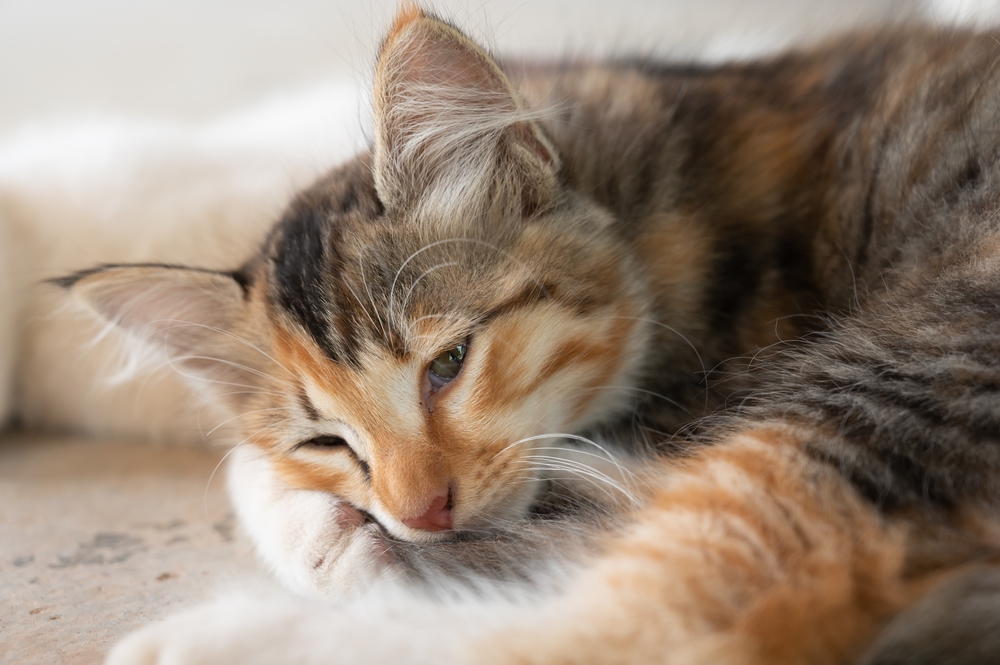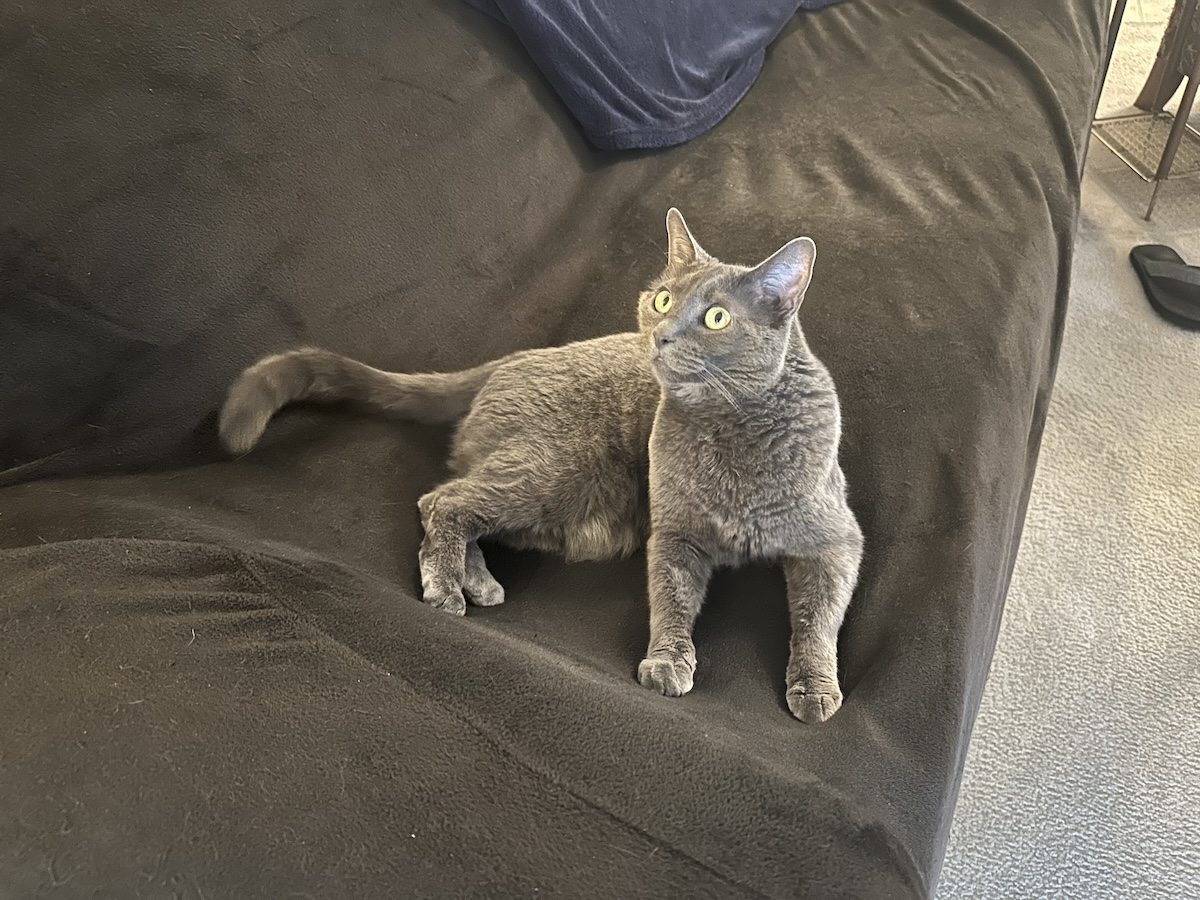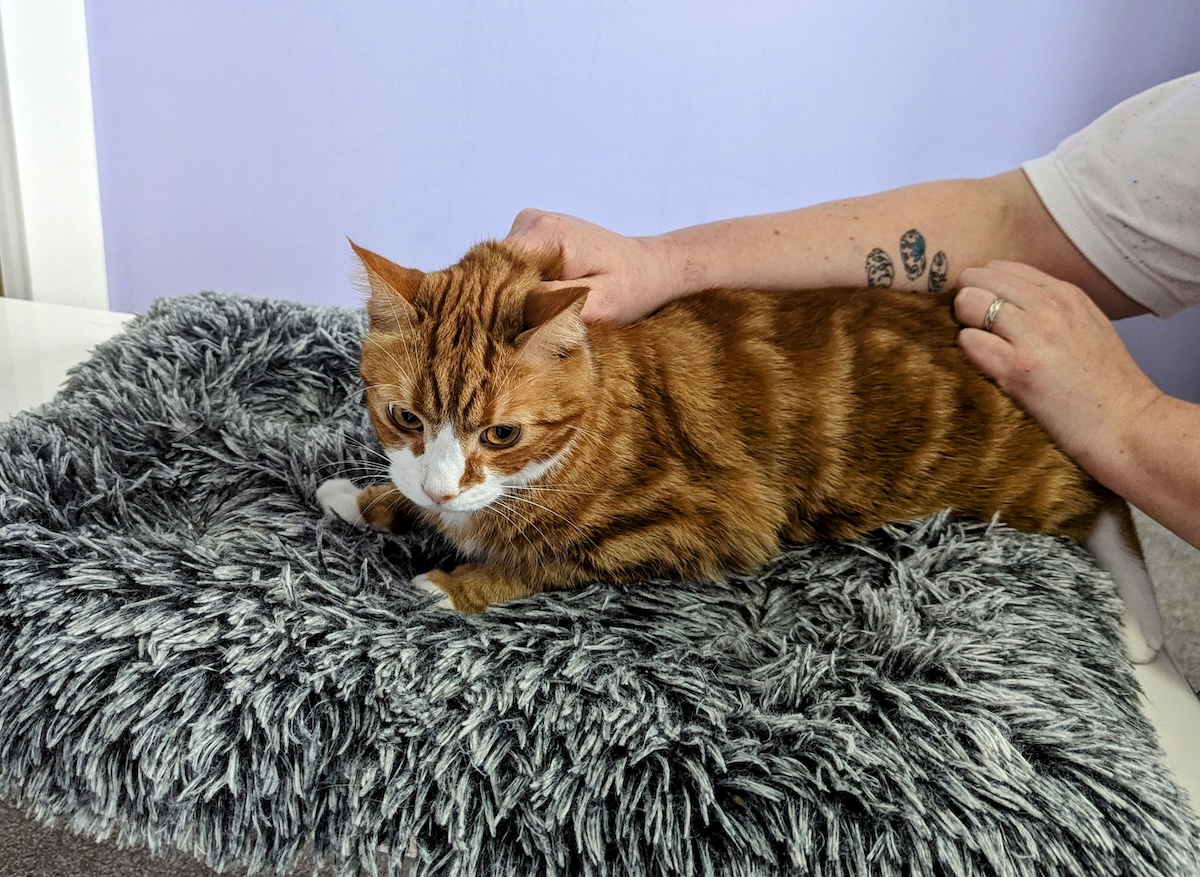Morning sickness is a widely known issue for pregnant women. Hormonal and physical changes lead to nausea, especially during the morning throughout the first trimester of pregnancy. It can be a really miserable experience, especially if you can’t get the nausea under control. If you have a pregnant cat, you might be wondering if she could be experiencing these signs as well, and unfortunately, the answer is yes. Let’s dive into the details.

Do Cats Get Morning Sickness?
Unfortunately, yes. Cats can get morning sickness, and like in humans, it typically occurs in the earlier stages of pregnancy. Cats have a much shorter gestation time than humans, though, so you can expect to see signs of morning sickness in your cat prior to or around the fourth week of her pregnancy 1. If you didn’t know your cat was bred, then you may not even realize she’s pregnant prior to the fourth week of her pregnancy.
The good news is that morning sickness in cats is considered an uncommon sign of pregnancy. In humans, morning sickness is extremely prevalent, with an estimated 70–80% of pregnant women experiencing it. For cats, the prevalence is far lower, and because of this, you should not rely on this sign to be the only indicator of pregnancy in your cat.
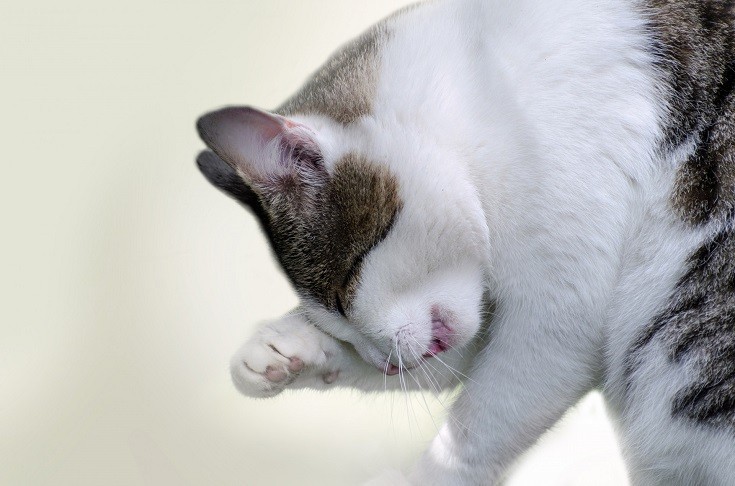
What Are the Signs of Morning Sickness in Cats?
In cats, the signs of morning sickness may differ slightly from those that humans experience. While humans typically experience nausea and vomiting during the morning hours, cats can feel sick and nauseous anytime throughout the day. This will not always translate into vomiting, though. Many cats, when feeling nauseous, will avoid eating and drinking to help soothe their stomach. After all, nobody wants to eat when they’re feeling nauseated.
If you notice a slight decline in how much your cat is eating and drinking but she is continuing to eat and drink, then it will likely be ok to just keep an eye on things. If your cat flat out stops eating and drinking, then she should be seen by your vet. Cats need extra calories throughout their pregnancy to grow kittens and maintain their own weight and strength. Not only that but if a cat stops eating, they can begin to experience liver issues within a matter of days, and refusing to eat can be indicative of another problem aside from the pregnancy.

Conclusion
If your cat stops eating or drinking, or if she is vomiting regularly, then she needs to be seen by a vet. Maintaining your cat’s hydration and nutrition intake through her pregnancy is essential to her health and well-being, as well as the health of her kittens. Your vet will be able to ensure there isn’t a problem, as well as provide your cat with supportive care and medications if needed to ensure her comfort.
Featured Image Credit: Julia Cherk, Shutterstock

